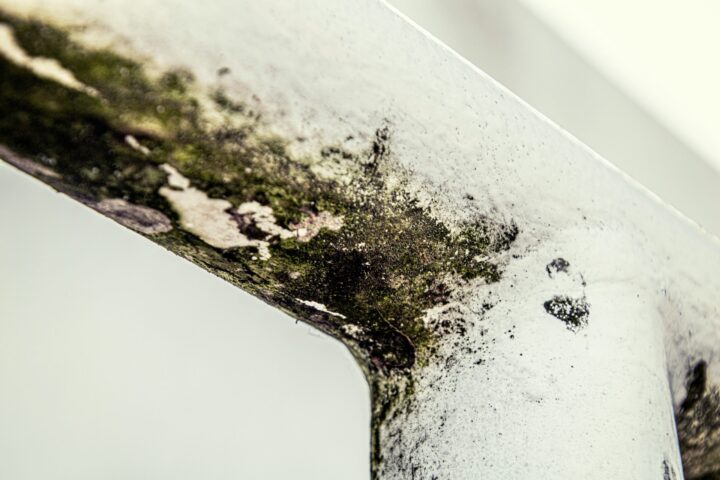How Can I Test for Mold in My Apartment?

Mold can be a silent yet hazardous issue lurking in your living space, affecting your health and the structural integrity of your apartment. If you suspect mold growth, it’s crucial to act quickly and identify it. But how do you test for mold in your apartment effectively, and when is it time to call in professionals?
How to Tell If You Have Mold in Your Apartment
Before you dive into mold testing, it’s important to recognize common signs that mold may be present. Mold often thrives in damp and poorly ventilated areas, such as bathrooms, kitchens, and basements. Here are some red flags to watch out for:
Musty Odor: A persistent, earthy smell is a common indicator of mold.
Visible Spots: Green, black, or white splotches on walls, ceilings, or near water sources could be mold colonies.
Water Damage: Peeling paint, water stains, or condensation buildup are often breeding grounds for mold.
Allergy Symptoms: If you experience sneezing, coughing, itchy eyes, or respiratory issues, your apartment might have mold.
Signs of Black Mold in Your Apartment
Black mold is particularly concerning because of its potential health risks, such as respiratory issues, headaches, and skin irritation. Signs of black mold in an apartment include:
Dark Patches: Black mold often appears as dark, circular patches that feel slimy to the touch.
Persistent Health Issues: If your symptoms improve when you leave the apartment, black mold might be to blame.
Water Leaks: Areas with past or current water leaks are prime spots for black mold growth.
If you notice any of these signs, it’s crucial to proceed with mold testing to confirm your suspicions.
How to Test for Mold in Your Apartment
DIY Mold Testing Kits: You can purchase mold testing kits from hardware stores or online. These kits allow you to collect samples and send them to a lab for analysis. While DIY kits are convenient, they may not always provide a comprehensive assessment.
Air Quality Testing: Mold spores are microscopic and can be airborne. Using an air quality monitor can help you detect elevated spore levels. However, this method requires some expertise to interpret the results correctly.
Surface Testing: Swabbing visible mold spots and testing them with a mold testing kit can confirm whether it is indeed mold. Make sure to follow the instructions carefully to avoid contamination.
For more accurate results, you might consider hiring a professional for a thorough mold inspection.
Professional Mold Inspection in Apartments
If you’re still unsure or if your health is being affected, a professional mold inspection is the best route. Certified mold inspectors use advanced equipment, such as moisture meters and infrared cameras, to detect hidden mold growth. A professional can also identify the type of mold and suggest effective remediation methods. For expert mold inspection and remediation services, visit Mold Remediation PA.
Why You Might Need Professional Help
While DIY testing is a good starting point, mold can be tricky to identify, especially when it’s hidden behind walls or under carpets. A professional inspection not only confirms mold presence but also pinpoints the source of moisture causing the issue. If you’re experiencing unexplained health issues or notice recurring mold, don’t hesitate to seek professional assistance.
Preventing Mold in Your Apartment
Preventing mold growth in the first place is key to a healthier living environment. Here are some tips:
Control Humidity: Keep indoor humidity levels below 60% using dehumidifiers or ventilation fans.
Fix Leaks Promptly: Address any water leaks or plumbing issues immediately to prevent mold-friendly conditions.
Ventilate Properly: Use exhaust fans in bathrooms and kitchens to reduce moisture buildup.
Clean Regularly: Wipe down damp surfaces and ensure areas prone to moisture are kept dry.
For detailed health information about mold exposure and prevention, refer to resources from the Environmental Protection Agency (EPA).
Conclusion
Testing for mold in your apartment is crucial if you suspect a problem. Whether you opt for DIY testing or hire professionals, it’s important to act quickly to protect your health and your home. Keep an eye out for signs of mold, especially black mold, and don’t hesitate to reach out to certified mold inspection services if needed. Remember, addressing mold issues early can save you from expensive remediation and long-term health effects.